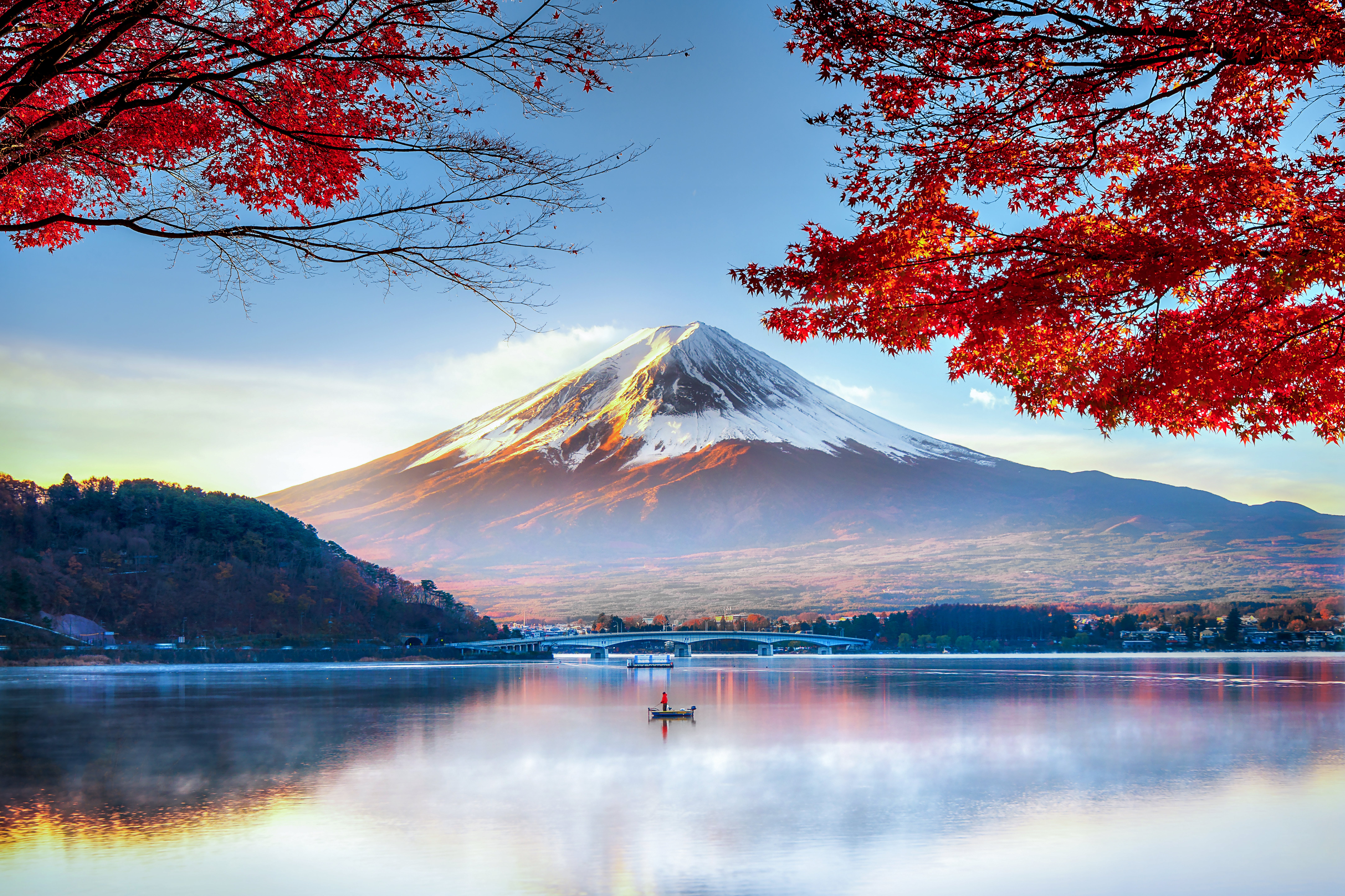Ishiba is just delusional. Neither Trump nor Harris would approve his dangerous ideas on national security. NATO is obsolete and there won't be an Asian NATO to contain China, which is considered too premature to discuss in Washington. Ishiba will weaken the Japan-U.S. alliance if he pushes his proposals.
The United States will likely say 'no' to the revision of the Status of Forces Agreement. If Ishiba takes the lead in revising the agreement, it will cause major friction with the United States that has always been reluctant to review the Status of Forces Agreement. This is because they are keen to maintain the status and rights given to the U.S. military deployed to defend Japan.
In an article titled "The Future of Japan's Foreign Policy" posted on the website of the Hudson Institute, a conservative American think tank, Ishiba argued that "Asia does not have a collective self-defense system like NATO, so there is no obligation for mutual defense and it is in a state where war is likely to break out," and that "an Asian version of NATO needs to be created in order for Western allies to restrain China." He continued, Japan has quasi-alliance relationships with Canada, Australia, the Philippines, India, France and the UK," and "Japan and the US are also deepening their security cooperation with South Korea." He continued, "If these alliances are upgraded, it will be possible to develop them into an Asian version of NATO in the future."
Ishiba said, "The goal is to strengthen the Japan-US alliance to an 'equal nation' on par with the US-UK alliance and contribute to regional security," and "the conditions are in place to revise the Japan-US Security Treaty into a treaty between 'normal nations.'" He also suggested that if the Japan-US Status of Forces Agreement, which is an agreement related to the status of US forces in Japan, is revised, the Self-Defense Forces could be stationed in Guam, one of the US military's important bases in East Asia, and deterrence could be strengthened. He also argued that "Japan needs independence in terms of security until it has its own military strategy and can share strategies and tactics with the US on an equal footing."
Shigeru Ishiba exclusively shared his views on the future of Japan’s foreign policy in response to a request from Hudson Institute’s Japan Chair before Mr. Ishiba was elected the president of the Liberal Democratic Party of Japan on September 27. The following is an unofficial translation of Mr...

www.hudson.org



